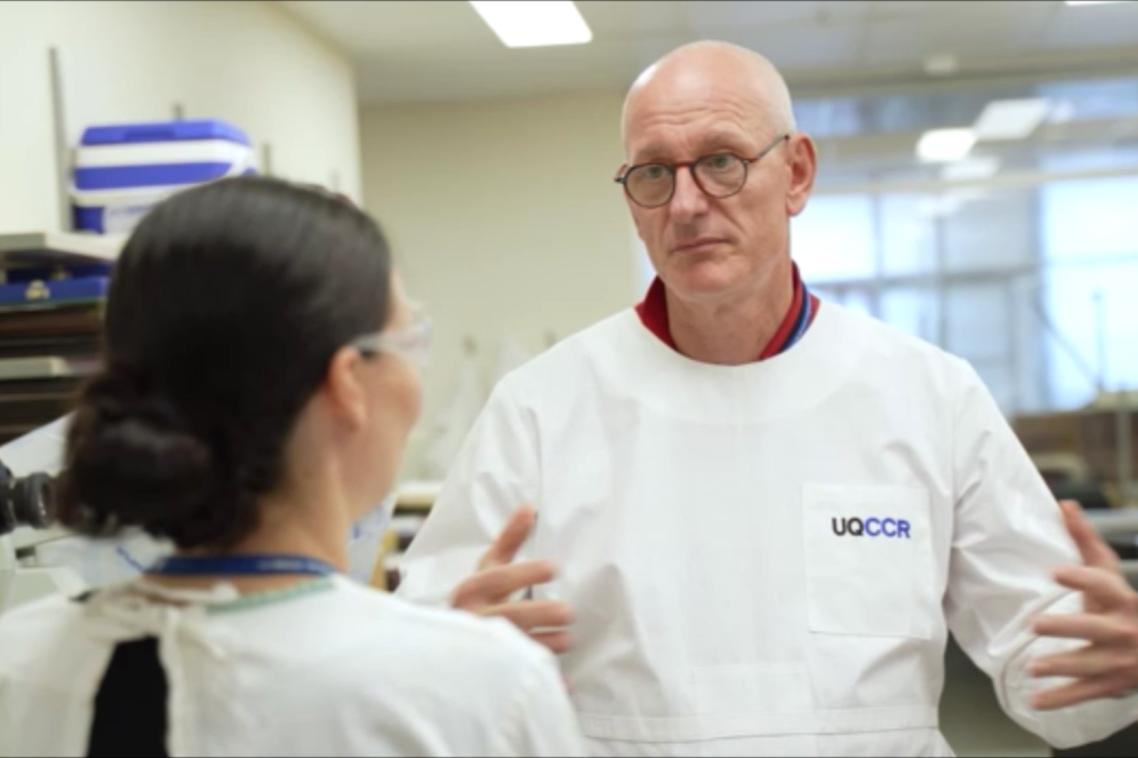Smoking kills five million worldwide in one year: UQ research
Smoking killed almost five million people around the world in 2000 with more than half the deaths occurring in smokers aged 30 to 69, according to a study by a University of Queensland researcher.
Head of UQ’s School of Population Health Professor Alan Lopez and his research partner, Dr Majid Ezzati, from the Harvard School of Public Health, used detailed, statistical analyses as well as population and mortality data to arrive at the figures.
Their work also discovered that smoking caused almost one in four deaths in Eastern Europe and North America.
Professor Lopez said he hoped the research, published in the November 2004 edition of the international journal Tobacco Control, would lead to a fundamental shift in public health policy around the world.
“Largely preventable lifestyle diseases and factors such as tobacco-smoking now account for around 26 million deaths annually,” Professor Lopez said.
“We need changes in the way governments direct policy and resources towards lifestyle-related health risks.
“Governments have always separated prevention and treatment. Prevention is the far better health investment.”
The research is part of a new book by Professor Lopez entitled Comparative Quantification of Health Risks: Global and Regional Burden of Disease Attributable to Selected Major Risk Factors published by the World Health Organisation in Geneva.
He will launch the book at the 36th Asia Pacific Academic Consortium for Public Health (APACPH) annual conference held between November 30 and December 3 in Brisbane this year.
Other research findings included that the numbers of premature deaths caused by smoking were evenly split between the developed and developing world with men more than three times as likely as women to die an early death as a direct result of smoking.
Three out of four smoking deaths in developed countries and more than eight out of 10 in developing countries were in men.
Professor Lopez said the leading cause of smoking related death was cardiovascular disease, which killed more than one million people in the developed world and 670,000 in the developing one.
“In developing countries, 62 percent of deaths directly attributable to smoking were in people aged between 30 and 69, compared with around half in industrialised countries,” Professor Lopez said.
About 350 delegates will attend the APACPH conference in Brisbane. APACPH is comprised of more than 50 of the largest and most influential schools of public health in 20 countries in the Asia-Pacific region.
The consortium is dedicated to developing leadership and the sharing of teaching and research.
Media contacts: Professor Alan Lopez (telephone 07 3365 5590, mobile 0412 177 714 or email a.lopez@sph.uq.edu.au) or Shirley Glaister at UQ Communications (telephone 07 3365 2802, email s.glaister@uq.edu.au)
Related articles

A meeting of the minds that could transform treatment

UQ experts recognised for national impact
Media contact
UQ Communications
communications@uq.edu.au
+61 429 056 139
